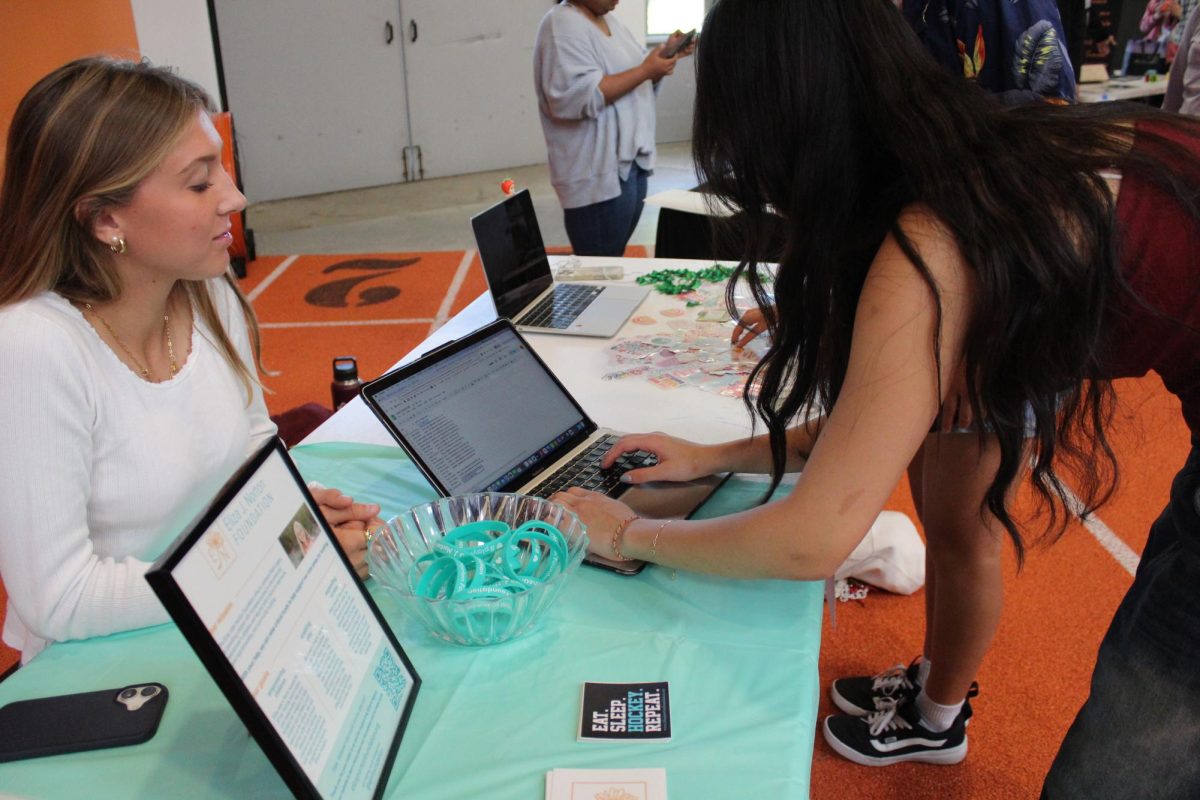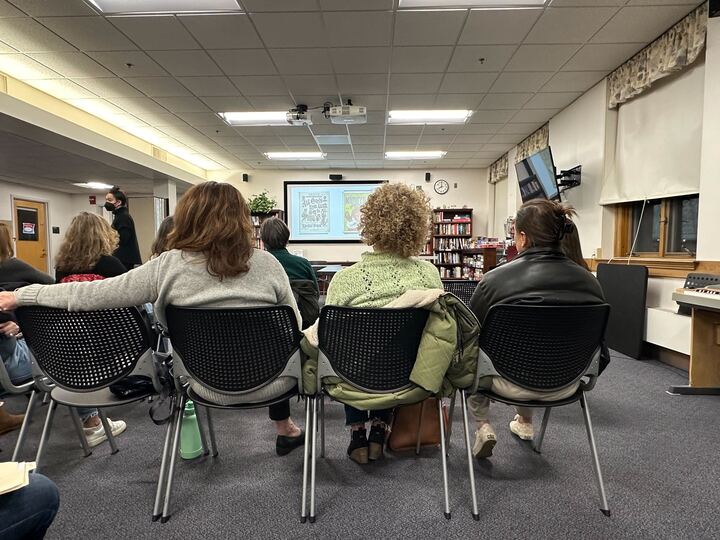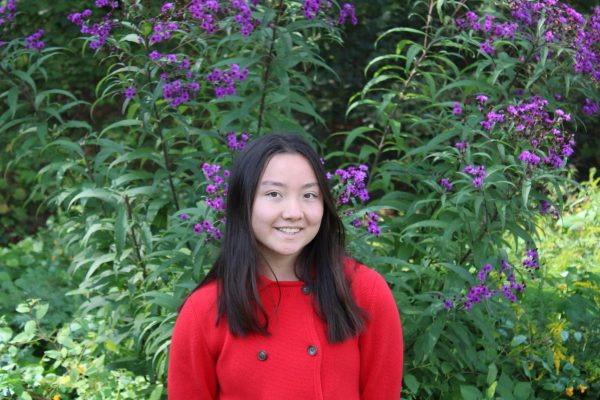On Tuesday, March 19, Danika Manso-Brown, an equity and inclusion speaker, spoke to Wayland residents at the Wayland Town Hall about how to discuss discrimination with middle school and high school students. The event was organized by Wayland Community Action Network (WaylandCAN), an organization that was started by resident Caroline Higgins after antisemitic events occurred in Wayland in November of 2023.
“I just emailed a group of people and we met at Loker [Elementary School], and 70 people ended up showing up,” Higgins said. “We had a conversation about people’s experiences with antisemitism in town, amongst other things. I challenged the people in the room to do something about it.”
WaylandCAN member Allison Kates contacted Manso-Brown, who previously worked with WaylandCAN, to talk to Wayland parents about how to discuss bias and discrimination with elementary school kids.
“I think [Manso-Brown] has so much knowledge,” Kates said. “She’s able to present [discrimination and bias] in such a way that’s understandable to people that don’t understand [discrimination or bias]. I think [Manso-Brown] gives some real take-home strategies that we can put into practice with our kids.”
Manso-Brown founded the Manso Brown group, which visits schools, organizations, businesses and other places to teach people about how to talk about bias and discrimination. She majored in sociology and dance at Duke University and received a masters degree from Harvard University in education policy and public management. Manso-Brown explained that her education at Duke taught her a deeper understanding of prejudice, and studying dance has allowed her to communicate with others about important issues like bias and discrimination in an artistic form.
“One thing I want people to know is that we all have a responsibility to create the kind of community that we want,” Manso-Brown said. “We all have a role in creating a safer, more inclusive [and] more celebratory community. I also want people to know that there’s a lot of stuff that each of us doesn’t know, so we’re all going to have to be committed to continuing to learn about the way that bias and discrimination has shown up historically and how it continues to show up today. It’s okay for us not to know stuff, but we have to commit to that learning.”
While Manso-Brown believes that discrimination is a topic that younger people are somewhat afraid of confronting, they also quickly notice it. She encourages people to openly discuss identity-based harm and make sure that all middle and high school kids feel empowered.
“[In] school, young people are the ones influencing the school culture, as much as adults in a school building might like to believe that they’re the ones who are creating the vibe,” Manso-Brown said. “There’s a whole sort of subculture that’s happening amongst the young people that we will never know about. We don’t need to know about it, but we need to know that it exists.”
Then, Manso-Brown opened the discussion to allow questions from the audience. One audience member asked Manso-Brown how she should explain white privilege to her child, who has noticed a difference in treatment between white people and Black people.
“One thing you might say is, ‘It sounds like [you’re] noticing that in our society, Black people aren’t always treated as well as white people,’” Manso-Brown said. “And you can talk more about it. One of the things I might say is, ‘Let’s talk more about what you’re noticing.’ ”
Manso-Brown also suggested using phrases like, “I’m so happy that you just brought that up to me. I’m curious about what you’re thinking.”
“[Adults] don’t want to try to avoid reactions that are scaring and shaming our young people,” Manso-Brown said.
During the presentation, Manso-Brown emphasized that even though someone might believe they belong to a privileged group, they can still be marginalized through other parts of their identity. For example, she brought up a white Jewish person. Even though they are white, it’s still possible for them to be discriminated against because they are Jewish.
“We want to make sure that when they say they notice something, we’re like, ‘Let’s talk more about [discrimination],’” Manso-Brown said. “Because we can still empower [children] and create really strong young people who are ready to persevere, while still [explaining] some of the obstacles that exist in our society.”
Manso-Brown mentioned that children might have a difficult time talking to parents about discrimination. In these situations, they should find another trusted family member or friend to open up to.
“Part of being a team is separating yourself from your adult people,” Manso-Brown said. “It’s developmentally appropriate, so talk to kids to think about other identities, to empathize with people and then to take action.”
Towards the end of the presentation, Manso-Brown emphasized the importance of proper representation in the media. She brought up incidents of when Black people were stereotypically displayed in the media and explained how these representations can negatively impact people’s perception of Black people and lead to prejudice.
“Our goal is not actually social harmony,” Manso-Brown said. “If we woke up tomorrow, and everyone treated each other well, racism would still exist. Our goal is not just to be good people, it’s to be justice-minded people. Part of that starts with us recognizing that we still have a lot of work to do.”




























